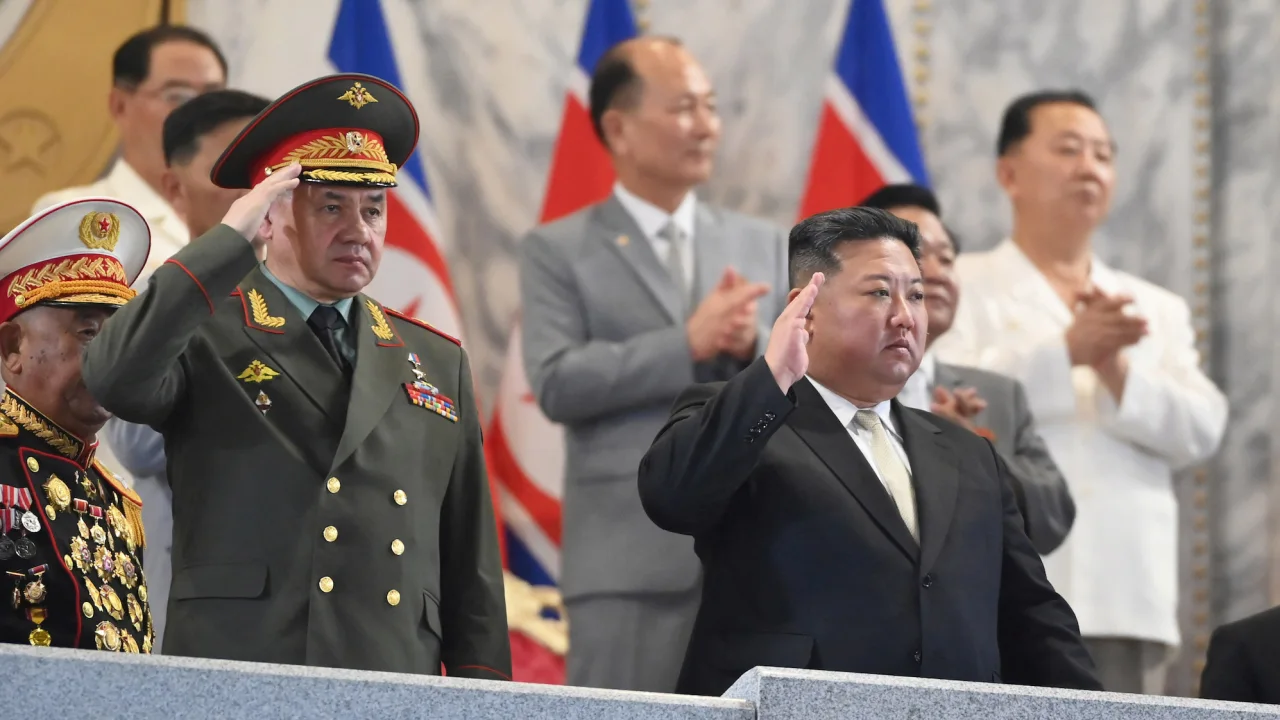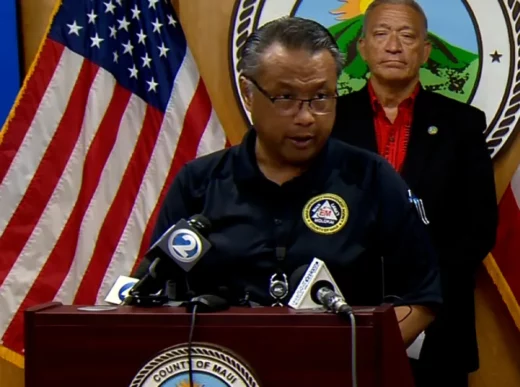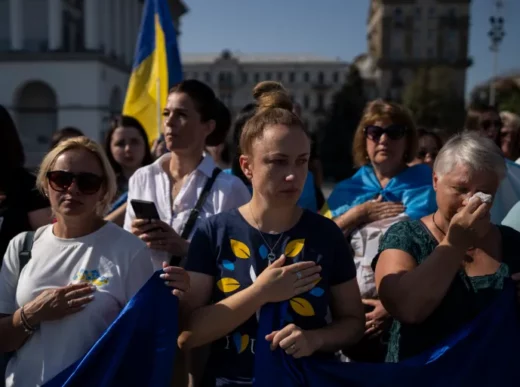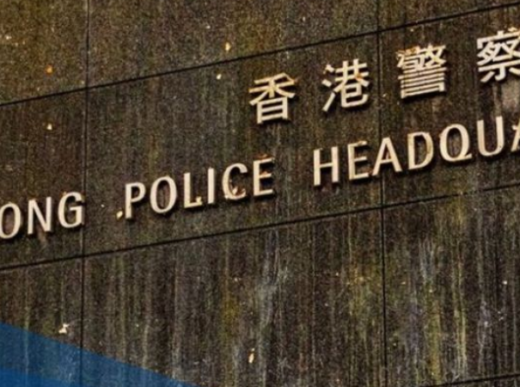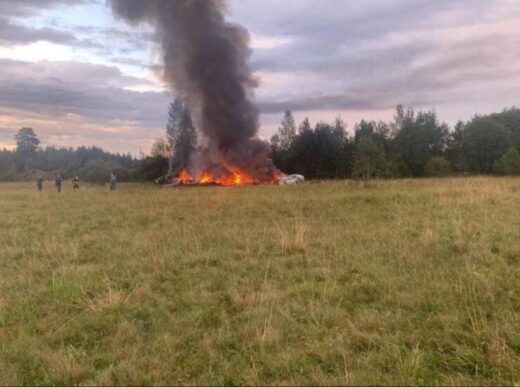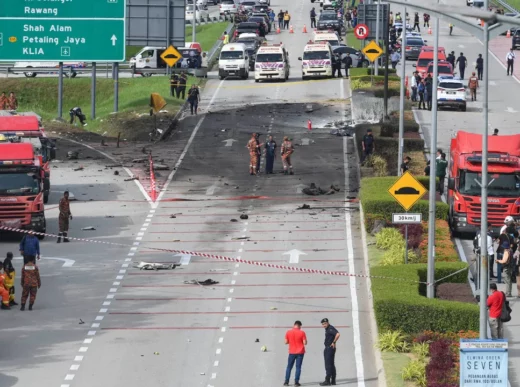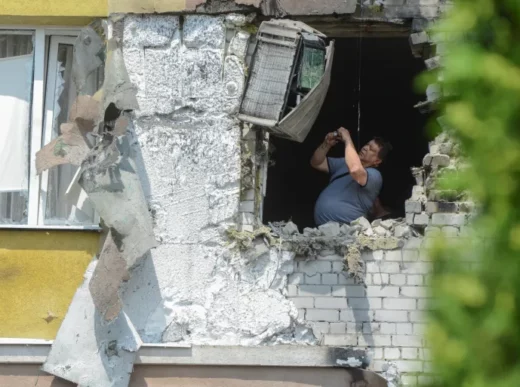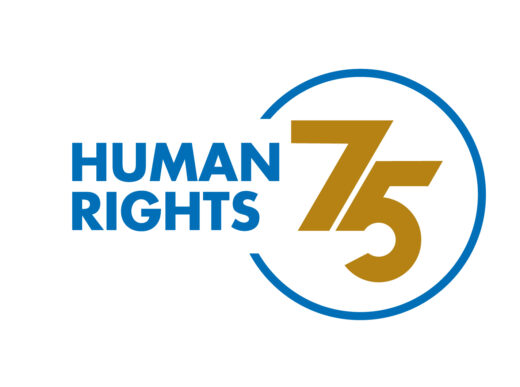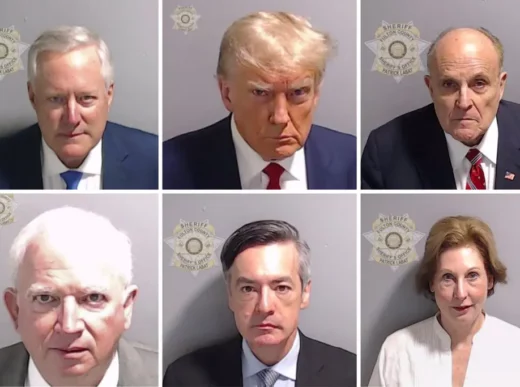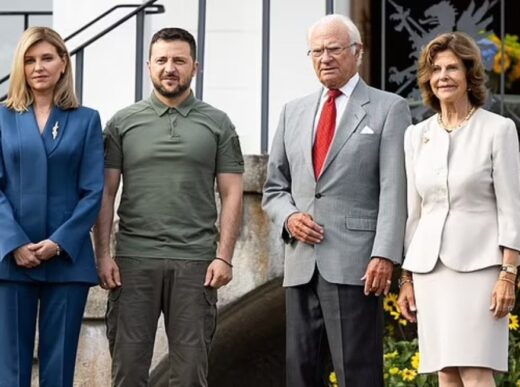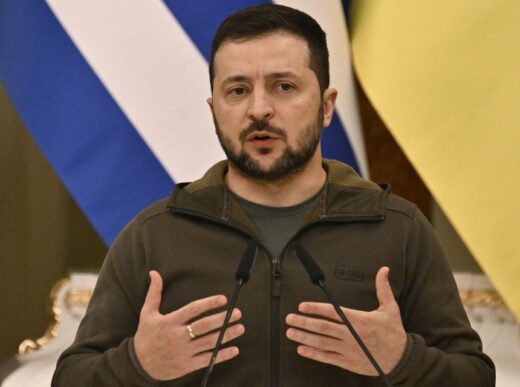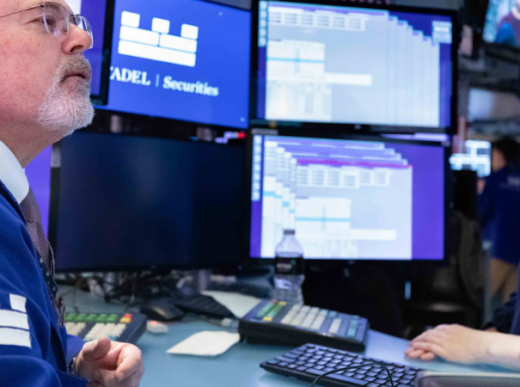In a development that has sent shockwaves through international circles, Russia and North Korea are reportedly in the throes of “actively advancing” their discussions regarding a potential arms deal. The ramifications of this revelation are far-reaching, as the deal under scrutiny encompasses a significant cache of ammunition catering to a diverse range of weapons systems, including artillery. This latest intelligence insight paints a vivid picture of the Kremlin’s unrelenting pursuit to acquire additional resources for its faltering invasion of Ukraine. The revelation has come to light courtesy of newly released US intelligence, shedding light on an intriguing and worrisome geopolitical maneuver.
A Curious Entente: Russia and North Korea Forge Ahead in Arms Negotiations
Despite outwardly propagated claims to the contrary by North Korea, the reports regarding their ongoing arms negotiations with Russia have surfaced, spotlighting the opacity that often envelops high-stakes diplomatic interactions. The Biden administration has raised an alarm about the active advancement of discussions between these two pariah states, suggesting a convergence of interests that could reshape the strategic landscape.
Russian Defense Minister Sergei Shoigu’s recent visit to North Korea appears to have laid the groundwork for subsequent deliberations. The situation has taken a new turn with a second delegation of Russian officials engaging in discussions with their North Korean counterparts. This emerging dynamic has now drawn the attention of global observers, prompting the US to vocalize its concerns and monitor the situation closely.
A Nexus of Collaboration: Putin and Kim Jong Un Forge Bilateral Bonds
Notably, the interaction doesn’t solely comprise lower-level discussions; high-profile leaders have entered the fray. Russian President Vladimir Putin and North Korean leader Kim Jong Un have exchanged letters that pledge a commitment to intensify bilateral cooperation. This significant development underscores the gravitas of the situation and its potential repercussions.
John Kirby, the National Security Council’s strategic communications coordinator, emphasized the active nature of these arms negotiations, indicating that they are far from merely speculative scenarios. He underscored the Biden administration’s concerns and hinted at further high-level engagements in the months ahead, indicating the potential complexity and drawn-out nature of these discussions.
The Public Facet: US Stance and Disclosure
By publicly disclosing this newly acquired intelligence, the Biden administration aims to shed light on Russia’s attempts to sidestep Western sanctions and secure weaponry to further its military ambitions, particularly in Ukraine. Additionally, the disclosure serves as a warning to North Korea that their activities are being closely monitored by the United States.
This marks a significant move, as the information divulged provides detailed insights into Russia’s efforts to leverage North Korean support in its Ukrainian endeavors. The intelligence underscores Moscow’s intricate attempts to rally resources and forge strategic alliances to bolster its military campaign.
Strategic Implications: Ammunition and Raw Materials for Russia
Details concerning the potential arms deal further reveal that Russia stands to receive substantial quantities of ammunition spanning various types and forms. These munitions are reportedly destined for utilization in Ukraine, underlining the gravity of the situation in the region. The complexities of these potential deals extend beyond ammunition alone; there is also a possibility of the provision of raw materials that could enhance Russia’s defense industry.
Kirby has unequivocally stated that the US will not stand idly by if these negotiations culminate in a deal. Direct action in the form of sanctions against involved entities is on the table. Additionally, the US has made a pointed call for North Korea to halt these negotiations, signaling the gravity with which it views the situation.
Reinforcing Diplomacy: US Treasury’s Role and Global Repercussions
The US Treasury has taken concrete steps in its quest to curtail such activities. Earlier this month, it imposed sanctions on a network believed to be aiding in circumventing sanctions, facilitating arms deals between Russia and North Korea. This underscores the tangible measures being taken to impede such transactions.
Distress Signals: Russia’s Quest for Allies and Weapons
In the broader context, Russia’s attempts to procure weaponry from unconventional sources such as Iran and North Korea have raised eyebrows across the globe. Experts view these actions as reflective of Russia’s desperation and weakening position. Such overtures underline the geopolitical challenges Moscow faces and its strategic imperative to fortify its resources.
According to Kirby, these endeavors are a clear manifestation of Russia’s vulnerability, suggesting that it is grappling with a crisis of considerable magnitude. The global stage has taken note of these actions, which seem to betray a certain desperation on Russia’s part.
UN’s Voice: Accusations of Violation and Diplomatic Censure
The United Nations has not remained silent in the face of these revelations. Linda Thomas-Greenfield, the US ambassador to the United Nations, has categorically accused both Russia and North Korea of negotiating an arms deal, denouncing the move as a “shameful” violation of Security Council resolutions endorsed by Russia. This stern censure underscores the international repercussions of such negotiations.
Past Transactions and Denials: Contextualizing the Current Scenario
The backdrop against which these developments unfold is marked by past instances of arms transfers involving both North Korea and Iran. While Pyongyang delivered infantry rockets and missiles to the Russian mercenary group Wagner last year, Iran has been accused of furnishing Russia with weaponry for use in Ukraine. However, both Iran and North Korea have consistently refuted these allegations.
In conclusion, the ongoing arms negotiations between Russia and North Korea unveil a complex interplay of diplomatic maneuvers, strategic ambitions, and global apprehensions. As the world watches these developments with bated breath, the situation serves as a poignant reminder of the ever-evolving nature of international relations and the intricate power dynamics at play.
